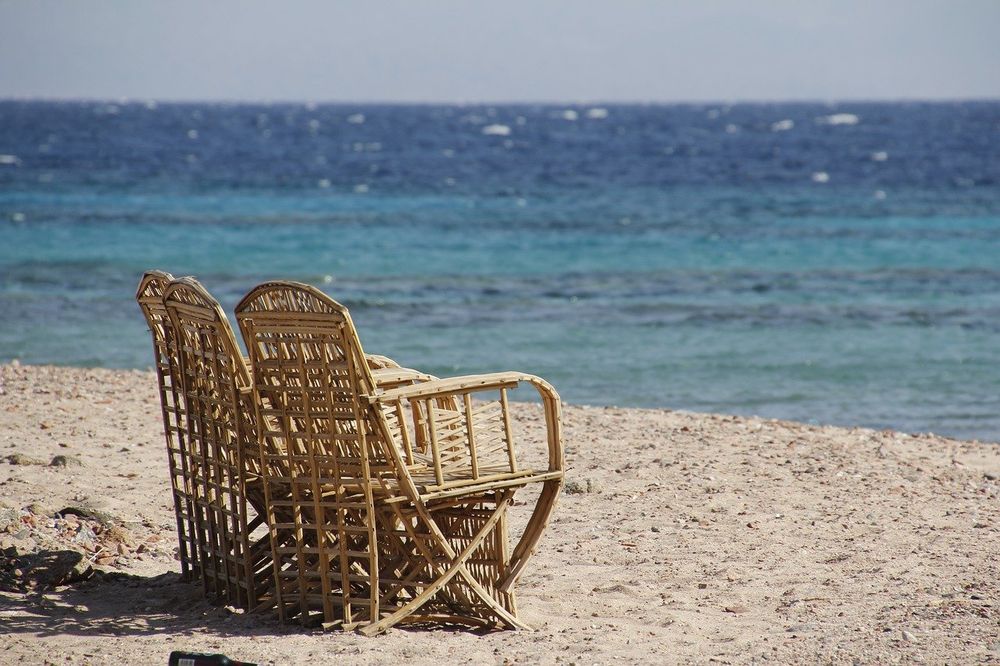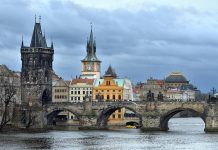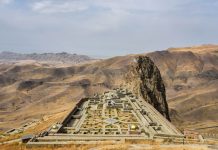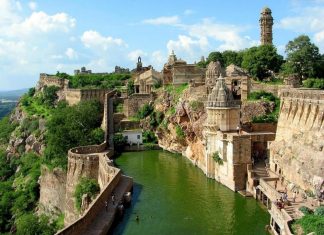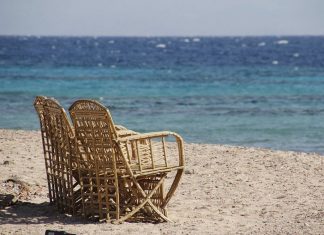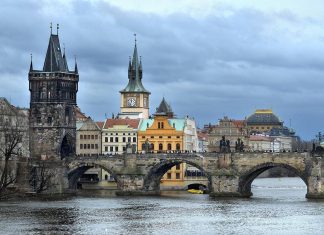Nigeria offers a wide variety of tourist attractions such as extended and roomy river and ocean beaches ideal for swimming and other water sports, unique wildlife, vast tracts of unspoiled nature ranging from tropical forest, magnificent waterfalls, some new rapidly growing cities and climatic conditions in some parts particularly conducive to holidaying. Other attractions include traditional ways of life preserved in local customs; rich and varied handicrafts and other colourful products depicting or illustrative of native arts and lifestyle, and the authentic unsophisticated but friendly attitude of many in the Nigerian population.
However, many of these attractions are still largely untapped and even at their raw states, they are still being enjoyed by few outsiders, either very rich visitors in quest of exoticism or adventurous people in search of new challenges and experiences.
The lack of required modern infrastructural facilities and in some parts of the country acute conditions of underdevelopment and poverty can be seen which many potential Nigeria bound tourist may not like to be confronted with.
These are impediments to tourism, which the new administration has been tackling since assumption of office. Investors, both foreign and local are therefore called upon to come and invest in the abundant tourism potentials in the country.
Nigeria is bounded in the South by the Atlantic Ocean , which for about 800km washes the nation’s sandy, coastline. The various beaches are unique tourist sites lined with coconut and palm groves.
The capital city is Abuja , but the largest economic center and chief port is Lagos , located on the Bight of Benin in southwestern Nigeria . Lagos was formerly the capital but this was moved to Abuja in the heart of the country in 1991, largely in a bid to curb the frenetic migration to Lagos not only from rural Nigeria , but neighbouring countries as well. This sprawling overcrowded industrial metropolis is already home to more than 14 million people.
As a nation of diverse people and culture, the various ethnic characteristics provide opportunity for cultural tourism of compelling attractions. Throughout Nigeria , there are cultural and historical sites that have been preserved. In many communities annual traditional festivals are held. There are famous reggatas and fishing festivals. Many areas of the country are good in crafts, carvings and sculpture. Many museums exhibit the famous Benin and Ife bronzes and terra cota, traditional art, craft, music, dance and drama.

